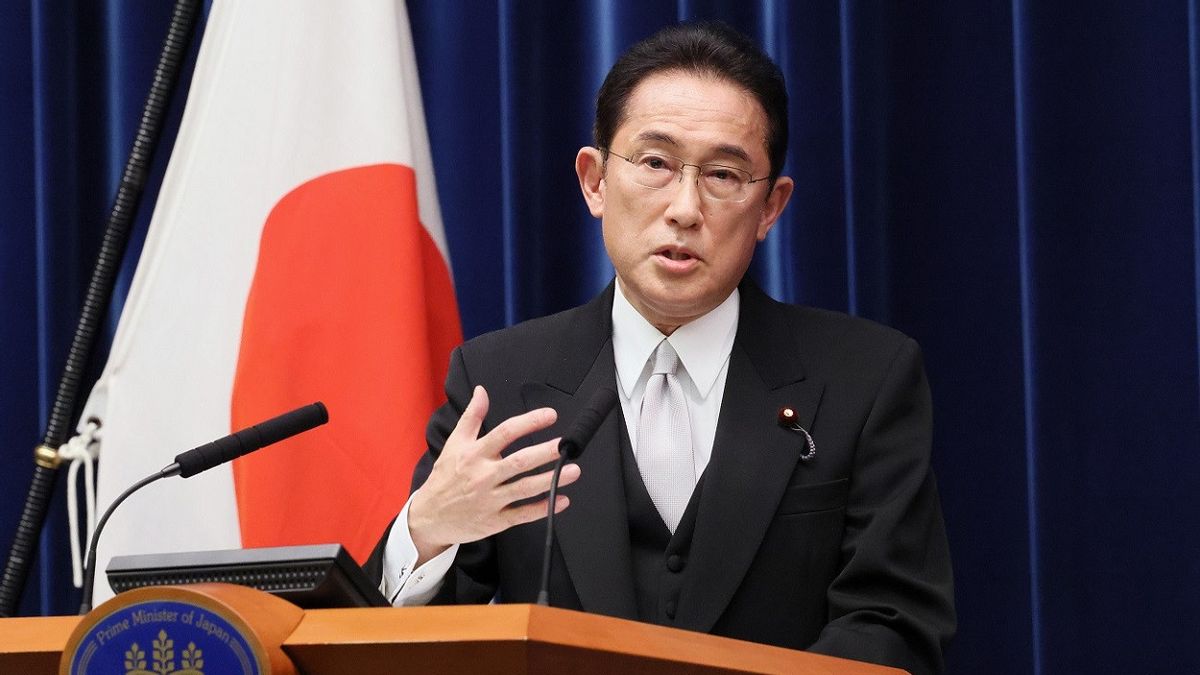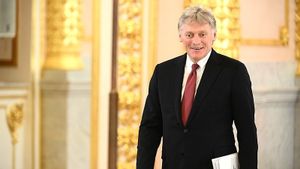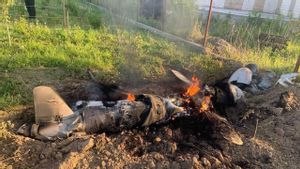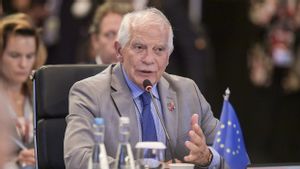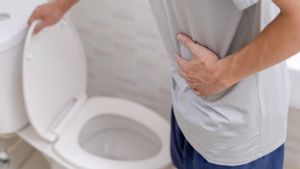JAKARTA - Prime Minister Fumio Kishida and several ministers ate seafood sourced from the sea off the coast of Fukushima Prefecture on Wednesday, amid concerns about the impact of the release of treated Fukushima PLTN radioactive wastewater against marine products in the region.
The lunch season is considered aimed at eliminating concerns about the possible negative impact of water dumped on human health, as well as reputation damage to fishery products from areas around Japan's northeastern prefecture.
After a meeting at the Prime Minister's office, Minister of Economy, Trade and Industry Yasutoshi Nishimura, who was responsible for the nuclear policy, said PM Kishida ate a chasimi consisting of bass, flounder, and octopus, along with rice harvested in Fukushima.
"We need to inform the public both at home and abroad about the safety of seafood captured at sea near the Fukushima nuclear complex," Nishimura told reporters after the meeting.
Last Thursday, Japan began releasing processed water into the Pacific Ocean from PLTN Fukushima Daiichi, which was destroyed by a devastating earthquake and tsunami in March 2011, despite opposition from local fishermen and China.
Japan claims most radionuclides, except for tritium, have been removed from dumped wastewater through the purification process.
SEE ALSO:
Tritium is known to be less harmful to human health than other radioactive materials, such as cesium and strontium, because it emits weak radiation and is not accumulated in the body, analysts say.
Meanwhile, the International Atomic Energy Agency (IAEA) said the method, the release of water in Japan is in line with global safety standards and will have a "negligible" radiological impact on humans and the environment.
The English, Chinese, Japanese, Arabic, and French versions are automatically generated by the AI. So there may still be inaccuracies in translating, please always see Indonesian as our main language. (system supported by DigitalSiber.id)
